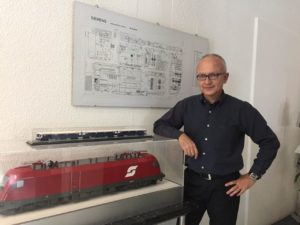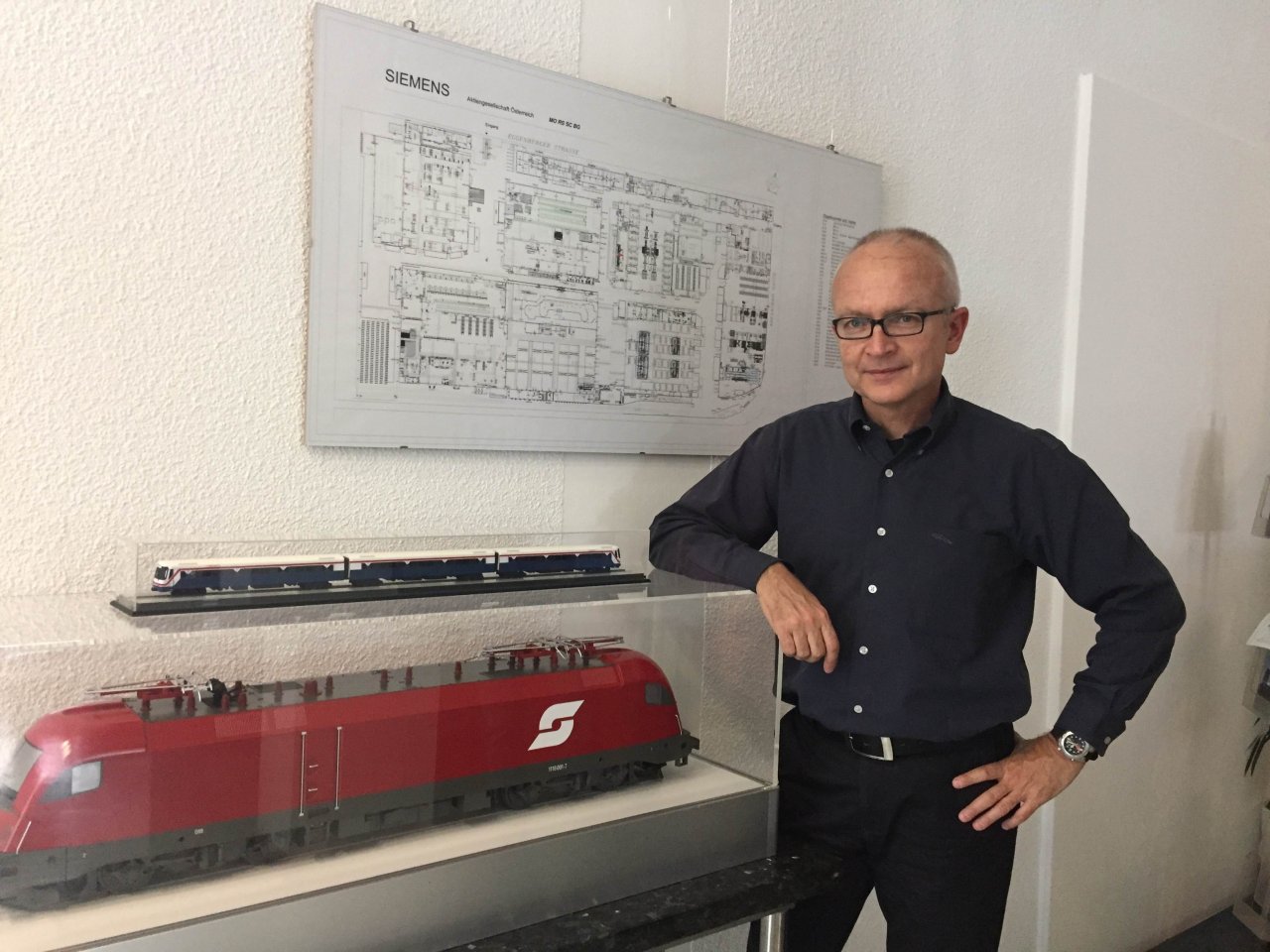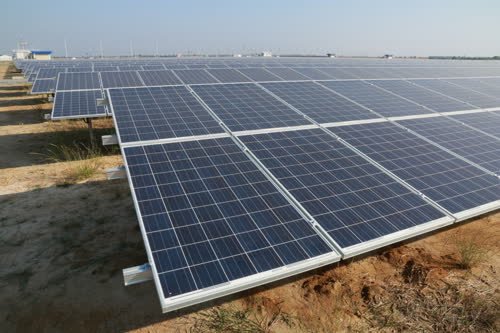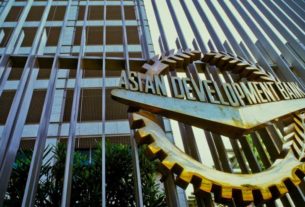
Siemens Thailand sees big opportunity in Eastern Economic Corridor (EEC)
25 June 2018
SIEMENS LTD Mobility Division will pitch its expertise to provide smart solutions including power grid, infrastructure, and innovation to support the Eastern Economic Corridor (EEC), the company’s senior vice president and country division leader Tomasz Mazur told The Nation recently.
“The strategy to develop a smart city in the EEC is the right one to drive the country’s growth and develop the country’s innovation under the Thailand 4.0 national strategy,” Mazur said. “We also have innovations and technology to support the country to achieve the target by focusing on three categories – building smart, energy, and mobility.”
He said the company’s strategy was also to support a Thai company that is planning to build trams in Thailand.
A Thai firm has been discussing with Siemens on possible options to provide the technology to assemble trams in Thailand. The Thai firm plans to invest 10 to 15 million euros (Bt380 million to Bt576 million) in the first stage for manufacture of equipment. The tram assembly plant will tentatively be located in northeastern Thailand.
“The initiative to assembly of trams is currently on hold as the Thai firm is waiting to see if the Thai government will approve trams for major provinces such as Khon Kaen, Chiang Mai, and Phuket,” said Mazur.
“If the government approves it, the Thai firm, whose name cannot be revealed at this stage, will make a decision to invest.”
If the initiative to provide technology to produce trams in Thailand is finalised, Thailand will host a plant to produce trams in Asean countries, Mazur added.
Mazur said that Thailand is the main market for Siemens Mobility in the Asean bloc, and the firm has a backlog to supply railway infrastructure and trains for Thai firms worth up to 1 billion euros. Delivery of trains to Thai firms will begin this year and run until 2020 and will include Bangkok Mass Transit System Plc, Bangkok Expressway and Metro Plc.
The company is confident its business in Thailand will experience strong growth following the government’s policy to expand investment to develop the country’s infrastructure, especially the rail system, he said. He wouldn’t estimate how large a market share Siemens would gain from Thailand’s upcoming investments in new infrastructure. It is now a highly competitive market sector, he said, with newcomers from China, Japan, and other countries expanding beyond their domestic markets and competing for government and private-sector mobility contracts.
However, said Mazur, his company is confident that their long experience in supplying products and services to Thai firms will stand them in good stead with customers.
“We have long experience in Thailand and 450 staff to provide maintenance services to our customers. This will build confidence in customers in our products and our servicing,” he said.
While the government will continue to directly spend on infrastructure investment, it has recently shifted to include more private investment under public-private partnerships. Siemens expects that its business in Thailand will enjoy strong growth in both kinds of projects, said Mazur.
He added that up to 70 per cent of its total revenue this year will be from supplying products to customers, with the remaining 30 per cent coming from the service and maintenance business. This is a shift from last year, where 80 per cent of its total revenues came from service and maintenance and 20 per cent from supplying products.
“We have confidence that Thailand’s economy will achieve strong growth this year and the next due to the Thai government’s policy to drive the country towards innovation and a digital economy under Thailand 4.0,” Mazur said. “This is the right policy to drive the country’s economy to have sustainable growth for the long term.”
Source: http://www.nationmultimedia.com/detail/Corporate/30348496


